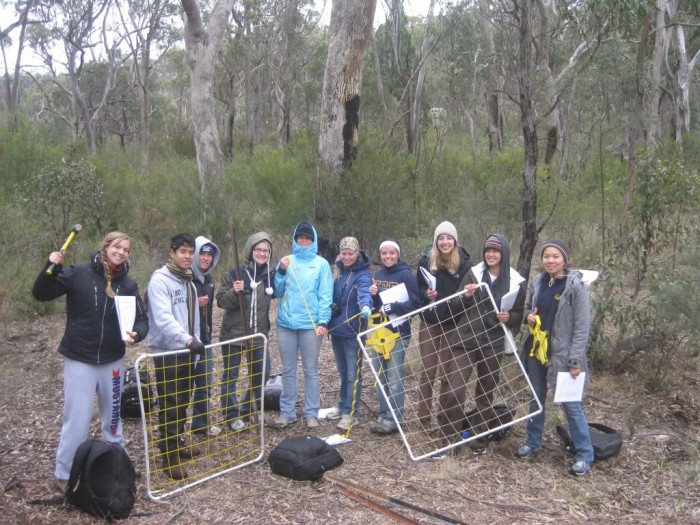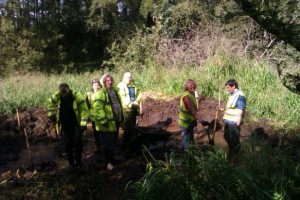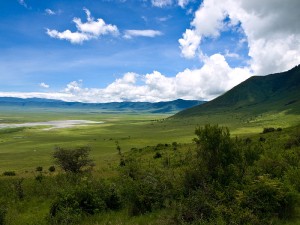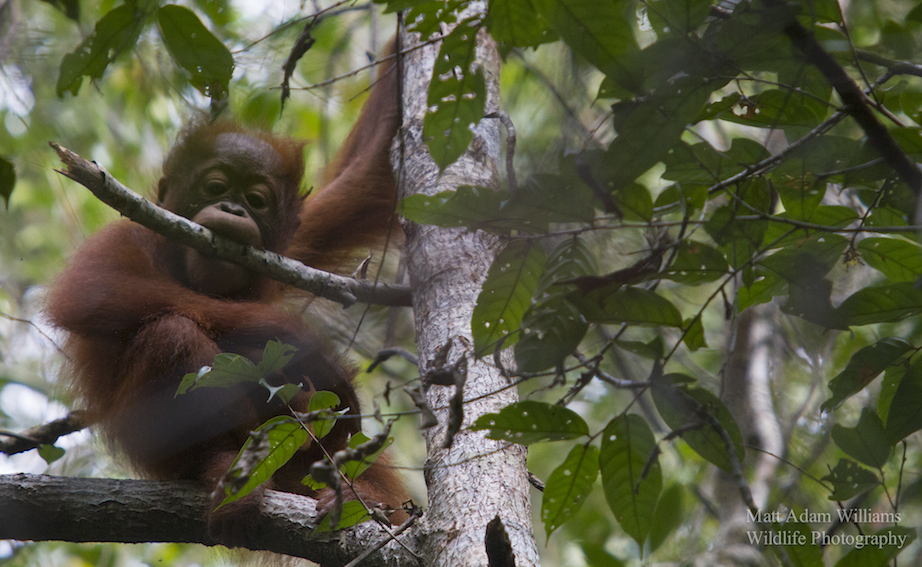Tips for Working in Conservation
Having gone through this myself, I hope that sharing my experiences may be of use to conservationist hopefuls in their search for a job in conservation.

By Olivia Maes
BA (Hons) Natural Sciences: Zoology, Veteran Volunteer
Special guest post from the newest member of the Conservation Jobs team.
The UK is full of nature lovers, as is evident from the large number of charities that aim to protect our environment and its inhabitants. Some of these enthusiasts want to do more than spend their leisure time enjoying the outdoors, they wish to work in the conservation sector. However, their passion and enthusiasm may soon wither when they start their job search and find things are not as glamourous or as straightforward as they’d hoped for. Having gone through this myself, I hope that sharing my experiences may be of use to conservationist hopefuls in their search for a job in conservation.
First, there is the education part to consider. A degree in Zoology, Ecology or Conservation seems like the obvious place to start. Indeed, these are often a requirement for many of the positions advertised in conservation. However, if you studied something else, like business or law, your degree is still useful. Although you may not have the knowledge or skills for positions that require field work, analysis and scientific research, you have other competencies that employers in the conservation sector look for.
A lot of conservation organisations are charities or small independent businesses. As such, the need for funding is always a pressing matter to allow the organisation to carry out its work. With a business background, you can be invaluable to the organisation by helping to bring money in. While you may not be directly involved in conservation work, you are playing an important role in the ability of the organisation to fulfill its conservation goals. Equally, with a good Law degree you are well-placed to work in the civil service or other policy-making positions. Here you can have a big impact on world conservation issues, by helping make the agreements that will save the environment you care about. However, education is not all that is required, which brings me to my second point: work experience.
The conservation sector is full of (over) qualified people and it is a competitive environment. After all, who wouldn’t want to work to save the world? So just a degree is not enough. Spend your holidays wisely during your university years (and at school if you are forward-thinking enough) by gaining work experience. Whereas your computer scientist friends are likely to have 3 months of paid employment in a firm over the summer, you most likely will not be paid. However, do not sniff at voluntary opportunities, as they are invaluable in building up your CV with relevant experience. After all, it is the skills you have gained that matter to a future employer, not your bank balance.
If possible, try to work with different organisations, each time in a slightly different role, so you gain a wider range of experiences. Ideally, you would work in other countries as well, and in various habitats. This will give you the opportunity to learn new languages, meet people from other cultures and experience environments that are different to the UK. All of these will be sought after by a globally active conservation organisation. For example, during the Christmas and Easter break, you could volunteer with your local RSPB or Wildlife Trust. Then in the summer holiday you could go to the other side of the world to do conservation work with organisations such as Operation Wallacea, Frontier or International Student Volunteers. Although these trips can be expensive, you are usually provided with information on how to fundraise, so the costs are kept to a minimum. By using your holidays during university to gain experience, you will (hopefully) reduce the amount of unpaid work you need to do after your degree before securing gainful employment. I would like to add here, that university is not an option for everyone. However, that need not stop you from working in conservation. Several years of work experience can make you more qualified to do a job that a first class graduate with no practical skills.
So you’ve got your education and/or work experience and can’t wait to get going on saving the world. That’s great, but please prepare yourself for some facts of this sector, to avoid disappointment and feeling disheartened. Conservation is work you do out of love, because you are passionate about nature, not because you want to be rich. Much of your work experience will be unpaid and even full-time jobs are not particularly well-paid, compared to other graduate-level employment. Furthermore, it is a very competitive sector. I don’t mean that people are competing to climb up the ladder, like in other sectors, but that there are many people applying for very few positions. So although you may be well-qualified for the job, you will not be the only one, and the position is likely to go to someone who is overqualified for it. Don’t give up and keep believing in your abilities. Just remember not to be too proud to look at jobs “below” your level, as they may be a good starting point within the organisation where you wish to work.
Should money be really tight and you can’t afford to wait any longer for a conservation job, remember there are other ways in which you can do your bit for the environment. You could work in the cafe of a National Trust property, which provides the charity with money to preserve our natural heritage. You could still volunteer with your local RSPB at weekends. Not to mention all the little things in daily life, like recycling, you can do to make a difference.





One Comment
Good advice Olivia. I myself became known as a ‘serial volunteer’ (i.e I would take any volunteering opportunity that came my way) while I was studying for my undergrad degree and masters, and as a result gained a conservation post in a very well known national organisation within 6 months of graduating. Other friends who did not volunteer and show willing are having to do it all now they have graduated.